 Vehicle use is a standard element of many non-profit business operations in Hawaiʻi. These businesses often transport goods, shuttle volunteers, provide community services, move assets, and more. As with any business that uses vehicles for operational purposes, non-profits need to be aware of vehicle insurance options that will protect them in the event of an incident.
Vehicle use is a standard element of many non-profit business operations in Hawaiʻi. These businesses often transport goods, shuttle volunteers, provide community services, move assets, and more. As with any business that uses vehicles for operational purposes, non-profits need to be aware of vehicle insurance options that will protect them in the event of an incident.
To help non-profit operations in Hawaiʻi understand their vehicle insurance requirements, benefits, and options we’ve created this guide. Make sure your non-profit insurance coverage is sufficient to protect all of your valuable assets during daily operations or in the event of an accident.
Is Vehicle Insurance Required for Non-Profit Operations?
In Hawaiʻi, every driver is required to hold a minimum amount of car insurance, including bodily injury liability, property damage liability, and personal injury protection (PIP). The state’s minimum liability limit follows the “20/40/10 rule,” which means that drivers must cover, at minimum:
- $20,000 for personal injury protection
- $40,000 for bodily injury liability (all people involved)
- $10,000 for property damage liability
These requirements extend to non-profit organizations that operate vehicles, which must maintain at least this amount of coverage to meet state requirements. In many cases, additional coverage types or amounts should be considered to protect the business’s drivers and vehicles against all possible situations.
Types of Vehicle Insurance for Non-Profit Organizations
Non-profit organizations may use owned vehicles for business purposes, or they may utilize their volunteers’ personal vehicles. Organizations must properly insure the vehicles in either case, but the type of coverage they need depends on the status of the vehicle.
Commercial Vehicle Insurance
Commercial vehicle insurance policies cover vehicles leased, owned, or used regularly by the non-profit operation for business purposes. Commercial policies often include five main types of coverage to help with:
- Liability– Bodily injury and property damage caused by the driver while operating the vehicle for business purposes
- Comprehensive – Non-accident damage such as vandalism, theft, or weather damage
- Collision– Damage to the vehicle itself in the event of an accident
- Medical payments– Medical expenses of the driver, passengers, or other people involved in the crash
- Uninsured/underinsured motorist– Damages for accidents involving drivers with insufficient coverage
Policies may offer other types of coverage, but these represent the focus of most commercial vehicle policies for non-profit operations.
Personal Vehicle Insurance
 Volunteers or employees often use personal vehicles for business-related driving. Standard individual car insurance policies generally protect the primary policyholder and specifically listed drivers. However, these policies often exclude coverage for business-related vehicle use and do not extend protection to the company or organization.
Volunteers or employees often use personal vehicles for business-related driving. Standard individual car insurance policies generally protect the primary policyholder and specifically listed drivers. However, these policies often exclude coverage for business-related vehicle use and do not extend protection to the company or organization.
Non-profit organizations using personal, rented, leased, or hired vehicles should add hired and non-owned auto liability insurance to their policies. This coverage protects the organization if the driver is in an auto accident while engaged in business activities. Notably, it does not protect the vehicle owner or driver, who must rely on their personal auto insurance for compensation.
The type of non-profit insurance a business needs depends not only on the vehicles it owns but also on the way these vehicles are used to perform the business’s activities.
Benefits of Vehicle Insurance for Non-Profits
Maintaining comprehensive vehicle insurance offers several benefits for non-profit operations in Hawaiʻi, including:
- Maintaining legal compliance
- Increasing financial protection
- Reducing out-of-pocket risk
- Protecting volunteers and employees
- Covering vehicles and equipment
- Minimizing operational disruption
- Maintaining the reputation of the business
Vehicle insurance can deliver these benefits, but the insurance plan of each non-profit business should be customized for its needs. By working with a local insurance agent, non-profits in Hawaiʻi can prioritize these and other benefits to protect their vehicles in nearly any situation.
What is Not Covered by Vehicle Insurance?
In addition to recognizing these benefits, understanding which incidents vehicle insurance cannot cover is equally important. Some uncovered events to keep in mind include:
- Intentional acts of destruction by an organization’s driver
- Unauthorized use of vehicles not specified in the policy
- Non-accident-related car maintenance, such as routine repairs
- Accidents while making personal errands with company vehicles
Knowing these and other exclusions can help non-profit operations assess their needs and customize their vehicle insurance plans.
Get the Right Vehicle Insurance in Hawaiʻi
 The owners of non-profit organizations need to know the basic vehicle insurance requirements in Hawaiʻi. Outside of legal minimum liability terms, many businesses struggle to customize policies to protect their specific operations.
The owners of non-profit organizations need to know the basic vehicle insurance requirements in Hawaiʻi. Outside of legal minimum liability terms, many businesses struggle to customize policies to protect their specific operations.
At Atlas Insurance, our team has served both for-profit and non-profit businesses in Hawaiʻi for over 95 years. We use our global resources to help clients negotiate premiums, research coverage requirements, and get the policies they need to stay compliant, competitive, and protected. Contact us today to learn how our vehicle insurance strategies can help your non-profit organization stay covered.
